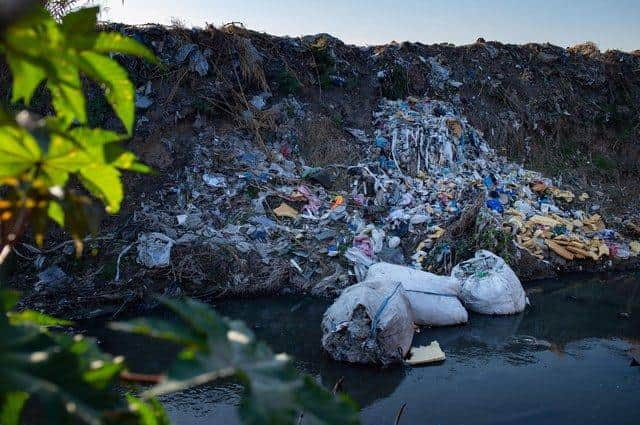UK shoppers shun plastic bags to save money - not the planet
and live on Freeview channel 276
The research by Nottingham University Business School’s N/LAB analytics centre of excellence suggests the massive decline in plastic bag use in the UK may have little to do with shoppers worrying about the environment.
The study drew on over a million loyalty card transactions to explore the psychological and demographic predictors of single-use bag purchases.
Advertisement
Hide AdAdvertisement
Hide AdResearchers found bags are most likely to be bought by younger shoppers who are often male and less frugal but whose environmental concerns do not affect their decisions to buy or not.


The findings emerged as plastic bag consumption builds to its annual peak during the festive period, despite all retailers in England being legally required to charge 10p per bag.
Identified from the original dataset of 1,284,825 transactions at 1,222 stores, more than 10,000 consumers participated in a questionnaire exploring their circumstances, traits and environmental opinions.
Their survey responses were linked to their purchasing data, and a machine-learning algorithm was then used to determine the factors that actually predicted bag-buying behaviour.
Advertisement
Hide AdAdvertisement
Hide AdThe survey included questions about views on environmental considerations in general and climate change in particular, but these were found to have little influence on purchasing decisions.
Dr Gavin Smith, an associate professor in analytics, said: “”hat we didn’t expect, not least given environmentalism’s role in underpinning the levy on plastic bags, was that environmental concerns wouldn’t predict consumption at all.
“This suggests future campaigns to further reduce plastic bag consumption might benefit from different messaging. It’s a matter of understanding whom to target, how and when.”
Amid growing concerns over the contribution plastic bags make to pollution and litter, Wales introduced the UK’s first levy in 2011, with Northern Ireland following in 2013 and Scotland in 2014.
Advertisement
Hide AdAdvertisement
Hide AdIn 2015, England introduced its own 5p levy, which doubled to a minimum of 10p in May this year and was extended to all retailers.
In 2014 around 140 bags per person were given away, equating to approximately 61,000 tonnes in total.
According to N/LAB’s study, Northern Ireland is home to the highest plastic bag sales, with regions in the North West and South West of England recording the lowest.
A message from the Editor:
Thank you for reading this article. We're more reliant on your support than ever as the shift in consumer habits brought about by coronavirus impacts our advertisers.
If you haven't already, please consider supporting our trusted, fact-checked journalism by taking out a digital subscription.
Comment Guidelines
National World encourages reader discussion on our stories. User feedback, insights and back-and-forth exchanges add a rich layer of context to reporting. Please review our Community Guidelines before commenting.